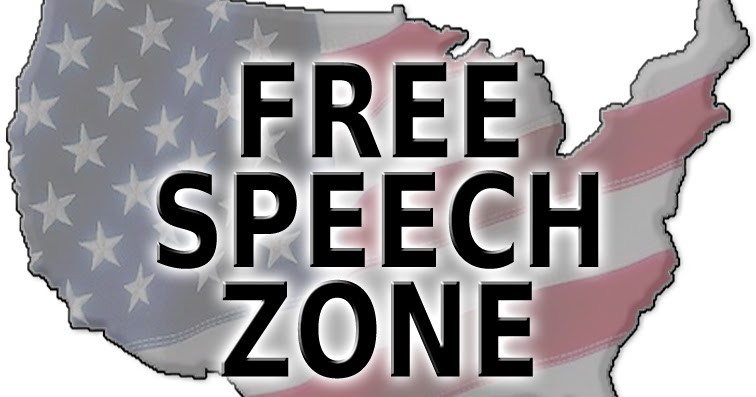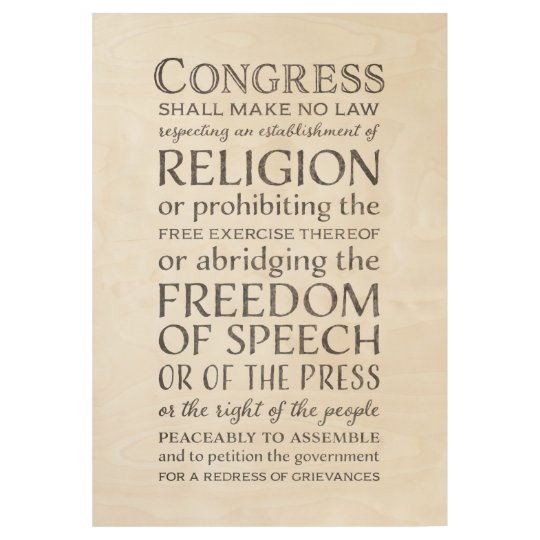

11 Distributors, such as booksellers, may be held liable for defamation they transmit if they knew or had reason to know of its defamatory nature, but are not under a general duty to screen the items they retail. 10 “Publication” includes intentional and unreasonable failure to remove defamatory material under one’s control. Defamation, Intermediary Liability, and § 230ĭefamation is a common law tort that protects individuals against the publication of harmful false statements about them. 9 Part IV discusses this Note’s implications and concludes. The censorship that would result from internet intermediary liability for defamation cannot be saved by the government’s interest in imposing liability. Part III then challenges this assumption, arguing that the Constitution protects internet intermediaries from liability for defamation committed by their users. Part II explains the prevailing assumption among judges and scholars that the First Amendment does not require § 230. Part I describes secondary liability for defamation and § 230. Recognizing § 230’s more stable constitutional provenance explains why courts traditionally adopted a broad reading of the law, demonstrates the law’s substantive importance, and helps predict what might occur should detractors succeed in achieving amendment by Congress. Under the Supreme Court’s First Amendment case law on defamation, the private censorship produced by defamation liability for internet intermediaries cannot be justified by a government interest in defamation law. While the First Amendment does not “require” the federal statute, of course, this Note argues that the First Amendment rule should be the same as § 230’s rule. 8Īgainst this current, this Note provides the first thorough argument that the First Amendment requires § 230’s bar on holding websites liable for the defamation of their users. 7 And, in the courts, 2016 was perhaps a nadir for § 230, as judges repeatedly adopted narrow readings of the law.

Various scholars have also heavily criticized § 230, saying amending the law would help to reduce defamation online. 4 From the popular media 5 to Capitol Hill, 6 some view the law with disdain. 3īut § 230 is under attack on multiple fronts. Without this protection, websites would have an incentive to censor constitutionally protected speech in order to avoid potential lawsuits. This intermediary liability protection encourages websites to engage in content moderation without fear that their efforts to screen content will expose them to liability for defamatory material that slips through.

For instance, Wikipedia cannot be held liable for defamation posted by a user. Section 230 of the Communications Decency Act of 1996 1 has been lauded as “the most important law protecting internet speech” and called “perhaps the most influential law to protect the kind of innovation that has allowed the Internet to thrive.” 2 The law’s tremendous importance stems from the shield it provides to websites against suits based on torts committed by users.


 0 kommentar(er)
0 kommentar(er)
